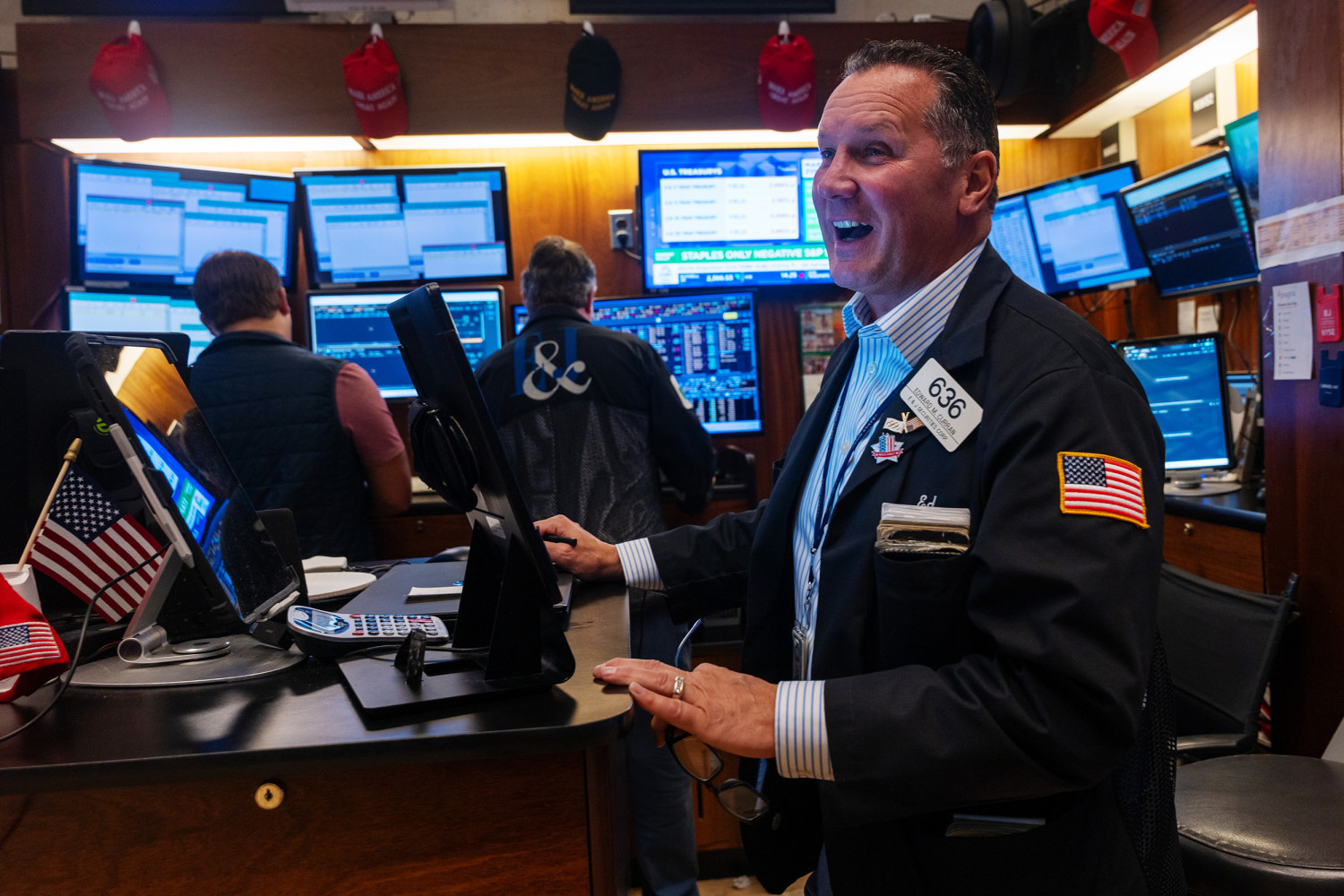Hyundai has disclosed that the planned reopening of a major production site will be postponed following an official raid that has garnered considerable interest in the automotive sector. The corporation, recognized as a leading international vehicle manufacturer, is now dealing with the fallout from the legal and operational challenges prompted by this incident, which have unavoidably pushed back the schedule for restarting operations at the impacted location.
The issue emerges at a pivotal moment for Hyundai, as the company continues to strengthen its presence in international markets while expanding its range of electric and hybrid vehicles. The delay in reopening highlights the complexity of managing large-scale operations that are deeply intertwined with regulatory frameworks, labor dynamics, and global supply chains. For Hyundai, this scenario goes beyond a temporary disruption in its operations; it emphasizes the challenges of maintaining stability while facing scrutiny from authorities.
Effect on manufacturing and logistics
Any postponement in restarting a large facility instantly affects production timelines and obligations within the supply chain. For Hyundai, this implies possible interruptions in providing vehicles to showrooms and clients, especially in areas where demand has been consistently rising. The car industry relies on precisely arranged logistics, where even small delays can impact various levels of suppliers and distributors.
Hyundai’s decision to delay the reopening is likely connected to following the findings from the recent review, and it also reflects the company’s strategy to focus on long-term operational stability over short-term profits. By pausing production until all issues are fully resolved, Hyundai aims to minimize the risk of further complications that could arise if operations resumed prematurely.
La acción también destaca los puntos débiles en los sistemas de manufactura global, que dependen en gran medida del cumplimiento estricto de normativas legales y regulaciones. A medida que los fabricantes de automóviles enfrentan el reto de ofrecer innovación manteniendo la transparencia, incidentes como este resaltan la importancia fundamental de la gestión de riesgos y el cumplimiento en todas las etapas de producción.
Examination by regulators and corporate actions
The automotive industry has been closely monitored by regulators for quite some time, especially as concerns about labor practices, environmental effects, and corporate governance become more prominent in international discussions. For Hyundai, the inspection of the plant is not merely a standalone event but rather a sign of a wider pattern where authorities are increasing scrutiny to guarantee responsibility.
Hyundai’s official response has emphasized cooperation with regulators and a commitment to addressing any concerns raised during the investigation. This approach aligns with the company’s broader efforts to present itself as a responsible corporate player, particularly at a time when consumers and investors are paying close attention to ethical and legal standards.
By postponing the reopening, Hyundai exhibits caution and responsibility. While this decision could result in short-term financial impacts, it shows a recognition that maintaining a strong brand reputation and following regulations are crucial for ongoing global market dominance.
Broader implications for the automotive industry
Hyundai’s situation resonates across the automotive industry, where other manufacturers may view the raid and its aftermath as a reminder of the need for proactive compliance strategies. As governments around the world tighten regulations on labor standards, environmental sustainability, and corporate transparency, automakers face increasing pressure to adapt their practices.
Setbacks of this sort also expose the frailties in global supply chains, which are already stressed by elements such as rising costs, material price hikes, and geopolitical uncertainties. Automobile producers that heavily rely on just-in-time manufacturing methods must find a careful equilibrium between efficiency and durability to avoid significant disruptions.
The delay in Hyundai’s restart showcases how unforeseen regulatory measures can influence not just individual companies but the broader industrial ecosystem. Competitors, suppliers, and stakeholders are likely to observe the situation closely, recognizing that similar challenges could arise elsewhere.
Prospective view
For Hyundai, the next steps will involve addressing the outcomes of the raid, ensuring that any required adjustments are implemented, and restoring confidence among stakeholders. The delay may be seen as a setback, but it also provides the company with an opportunity to strengthen compliance frameworks and reinforce its commitment to responsible manufacturing.
In the long term, Hyundai’s handling of this episode could determine how the brand is perceived in global markets. A transparent and proactive approach could enhance its reputation, while missteps could have lasting consequences. For now, the company’s focus remains on navigating the immediate challenges while preparing for a future in which regulatory scrutiny is only expected to intensify.
Hyundai’s path illustrates the delicate balance that global automakers must uphold between operational effectiveness, adhering to regulations, and satisfying consumer needs. While the reopening of the plant may experience delays, the knowledge acquired from this event is anticipated to influence Hyundai’s strategic decisions well beyond this particular instance.



